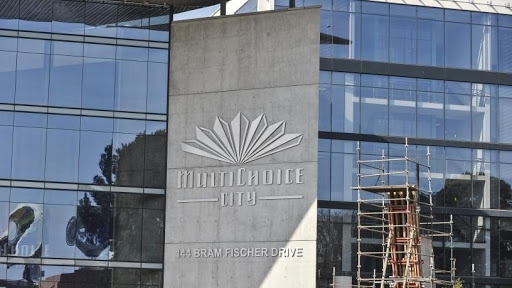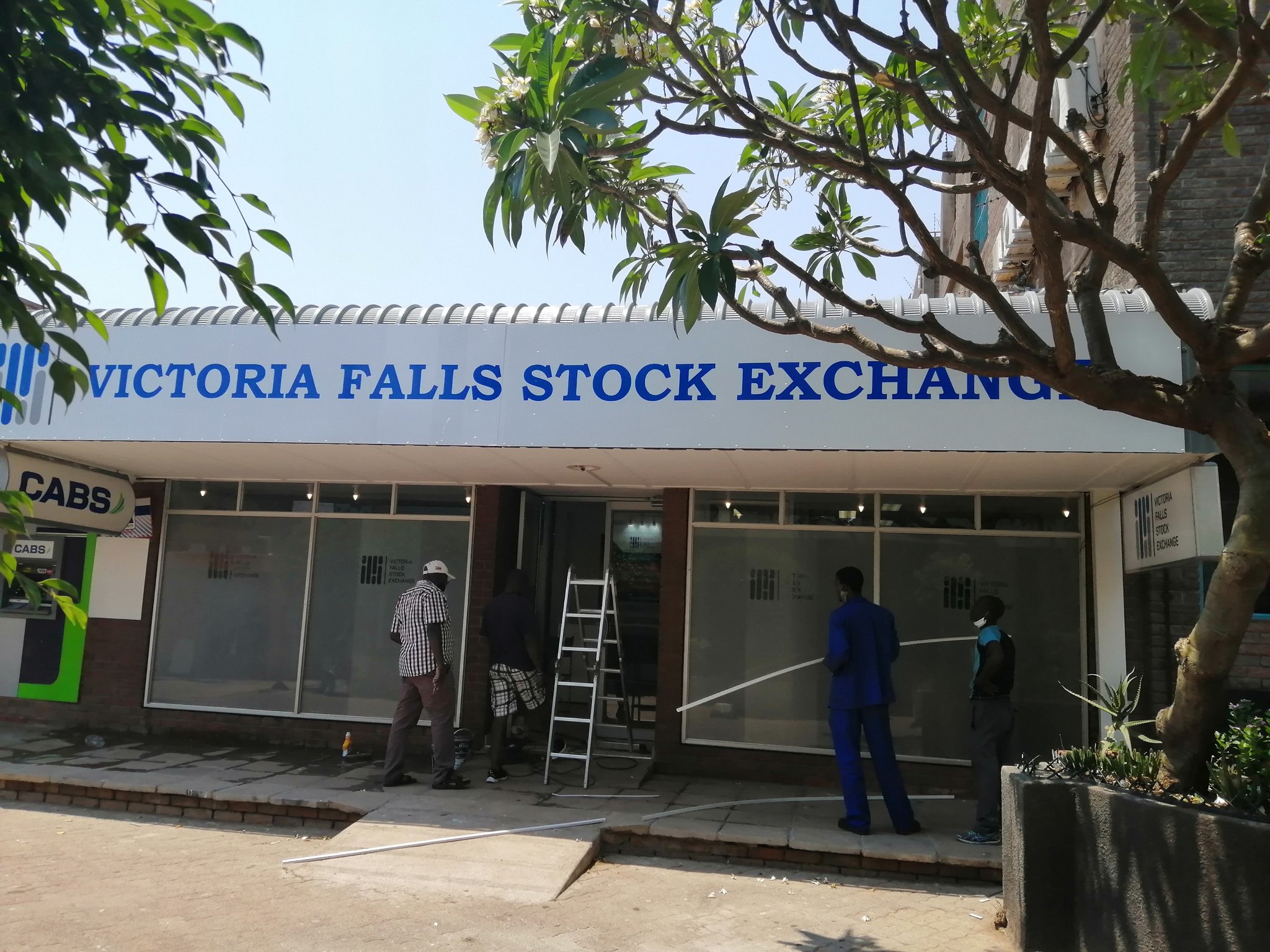Top risks Zim faces in 2024
As the year 2024 begins, Zimbabwe finds itself at a critical juncture facing a multitude of challenges that threaten economic stability.
From high levels of inflation, amid a fast depreciating local currency, to critical power shortages, each carries the potential to exacerbate the others, creating a complex web of issues.
Inflation remains the most pressing concern with the parallel exchange rate skyrocketing to $13 000 to a US dollar, a significant leap from the $8 000 recorded just the previous month in December 2023.
The official exchange rate, however, remains stubbornly anchored in the $6,000 to a US dollar range, highlighting a growing disparity between the official and parallel market rates.
Month-on-month inflation is already on its 4th consecutive month on the rise, from a negative 1,3 percent in August to 4,7 percent at the end of December 2023.
Year-on-year inflation has risen from 17,7 percent in August to 26,5 percent at the end of December and is not showing signs of letting up and could soon be fuelled by further exchange rate depreciation witnessed in the last few weeks as well as the introduction of a 15 percent value-added tax on basic commodities.
The situation is exacerbated by the uncertainty surrounding the monetary policy stance to be pursued by the recently appointed Reserve Bank of Zimbabwe (RBZ), Dr John Mushayavanhu.
Currently, the country grapples with a contractionary monetary policy, an approach that aims to curb inflation but risks stifling economic growth but also adding to the complexities faced by policymakers in their efforts to stabilize the economy.
Market watchers say as the new governor navigates these treacherous waters, the delicate balance between stabilizing the currency and fostering economic expansion will be a formidable tightrope walk.
While the monetary policy stance going forward remains uncertain, developments in the fiscal space is not making things easier either.
The removal of basic commodities from zero rating, in terms of VAT, will heavily affect business profits, consumption baskets, and livelihoods of smallholder farmers as well as small to medium enterprises.
The recently gazetted, Finance Act of 2023 limited VAT exemptions to “medicines and medical services, goods for use by the physically challenged, sanitary wear, fuel and fuel products, agricultural inputs, implements and produce (excluding live animals, groundnuts, cotton seed, soya beans and products thereof), wheat (excluding bread), milk and salt”.
“The exemptions will apply through the entire value chain and the remaining goods and services would, thus, be standard rated,” Mthuli said.
With climate change casting a long shadow, the energy sector mirrors another challenge the economy will face.
Reduced rainfall, a consequence of changing weather patterns, has led to diminished water levels in Lake Kariba, a crucial source of hydroelectric power. Simultaneously, thermal power stations face operational hurdles, exacerbating the energy crisis.
The repercussions of this scarcity will be felt across industries, hampering productivity and affecting economic growth.
According to Mthuli, electricity generation at Kariba and Hwange 1-6 will remain constrained by low water levels and the ongoing life extension programme, respectively.
In the same manner national power demand is going to increase to 1 866.70MW a day, from 1 700MW.
Water scarcity extends its reach beyond energy production, impacting industries reliant on bulk water procurement. The need for businesses to source water externally adds financial strain, creating a ripple effect that resonates throughout the economy.
Hope in 2024 is that efforts to mitigate water scarcity should involve sustainable water management practices, investment in water infrastructure, and collaborative efforts with neighbouring countries to address shared water challenges.
Business Weekly economist Tapiwa Mangwiro says the impact of climate change requires adaptive strategies and proactive measures should be taken to ensure water security for both households and industries.
Troubling the masses is the lack of disposable income among citizens, a consequence of meagre remuneration. The workforce faces financial constraints, struggling to meet basic needs and contribute to economic growth.
Such a lack of financial breathing room restricts consumer spending, further dampening economic prospects, according to Mangwiro.
The cyclical nature of this issue perpetuates a vicious cycle, hindering both individual prosperity and national economic recovery.
“Hence businesses and citizens will hope the issue of low disposable income will necessitate comprehensive labour market reforms, including fair wage policies and measures to enhance job creation,” Mangwiro said.
El Nino poses a significant threat to farmers, affecting crop yields and livestock production and businesses in the agricultural sector may face supply chain disruptions and increased production costs, potentially leading to inflationary pressures on food prices.
“In response to the challenges posed by El Niño, Government in the coming year should put social safety nets, including targeted support for vulnerable populations, ensuring that the most affected communities receive the necessary assistance,” suggested Mangwiro.
“In addressing these challenges, a comprehensive and coordinated approach is crucial. The Central Bank, under Mushayavanhu’s leadership, faces the formidable task of formulating a clear and effective monetary policy to stabilise the currency and curb inflation.
‘Striking a balance between controlling inflation and fostering economic growth is essential for sustainable recovery.”-businesswekly








